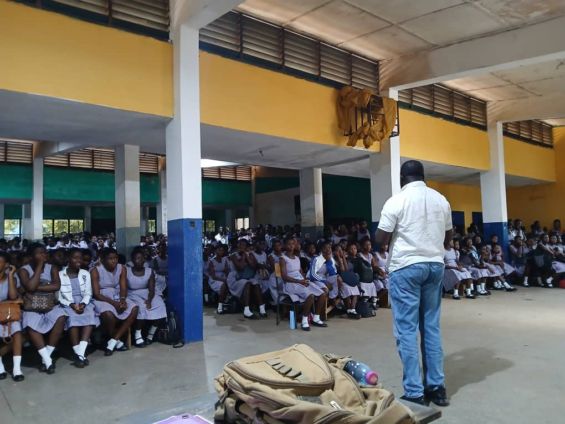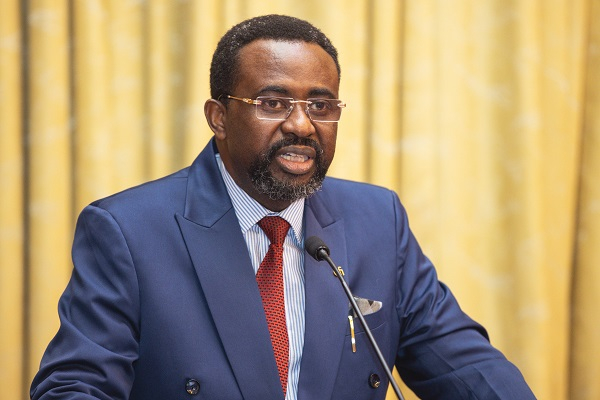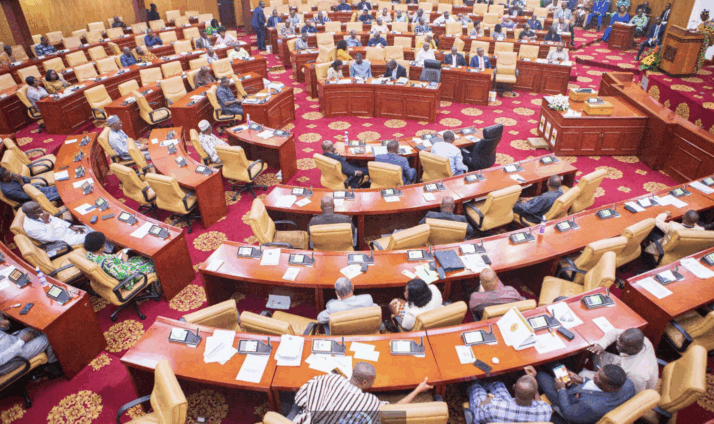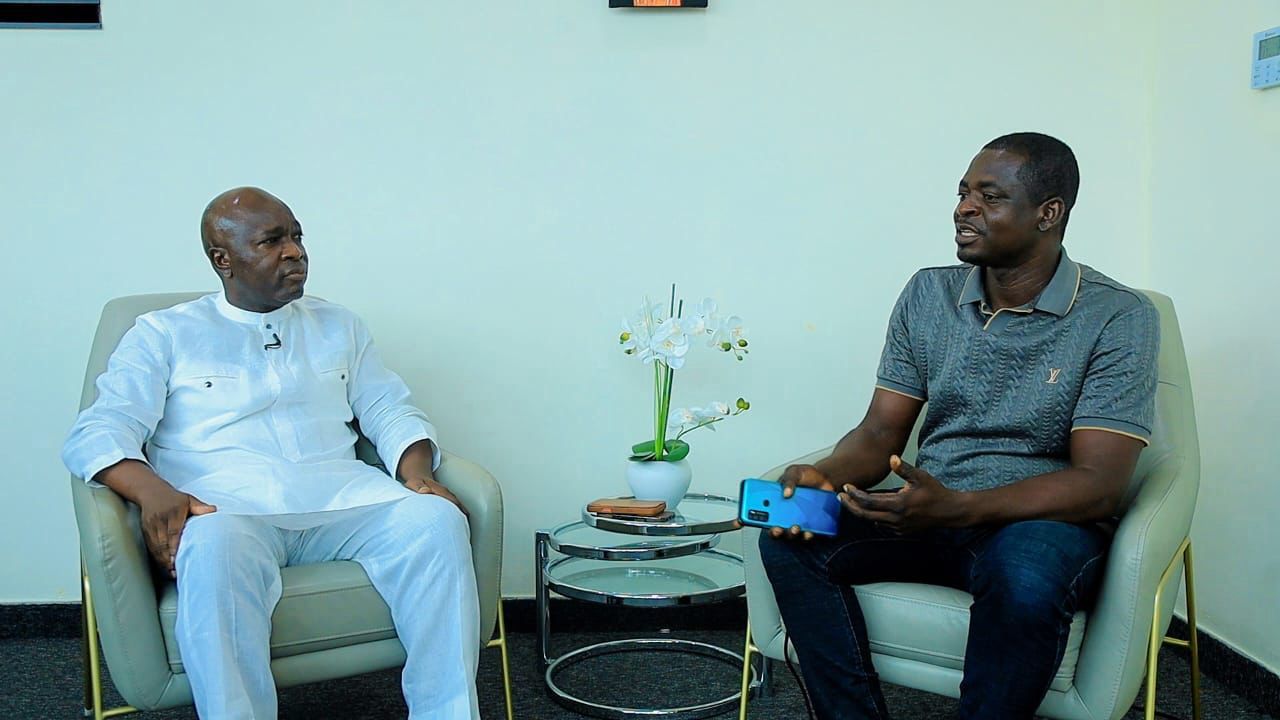The Ghana Anti-Corruption Coalition (GACC) has called for the active contribution of students towards the fight against corruption.
It said students could do that effectively by promoting and serving as a ‘whistleblower’ and demanding accountability from duty-bearers.
Mr Kofi Adjei-Amparbeng, a GACC Focal Person for the Local Accountability Networks (LANets), also urged students to be firm and report incidents of corruption too, asking them to ensure that they had evidence of either photographs or videos.
He made the call at separate fora organised to mark the African Union Anti-Corruption Day, held at Ahafoman Senior High School (SHS) at Goaso and the Mim SHS in the Ahafo Region.
Mr Adjei-Amparbeng, also the Executive Director of the K A Edu-Media Foundation, a Non-governmental Organisation (NGO), took the students through the Whistleblower and Witness Protection Acts, saying those Acts protected citizens in exposing corruption and other socio-economic ills.
The fora were on the theme: “Justice for Africans and People of African Descent Through Reparations,” and funded by the Hewlett Foundation.
Mr Adjei-Amparbeng said the GACC remained committed to helping fight corruption in the country and rallied the support and contributions of the students to achieve this goal.
He said the GACC had observed the AU Anti-Corruption Day since 2018, reaching out to 27,667 students nationwide in 2024, focusing on electoral integrity, whistleblowing, and youth participation.
Madam Rose Serwaa Osei, a representative of the Ahafo Regional Office of the Department of Social Welfare, took the students through sexual health, online safety, and the risks associated with internet scams, education, and the productive use of social media.
GNA













